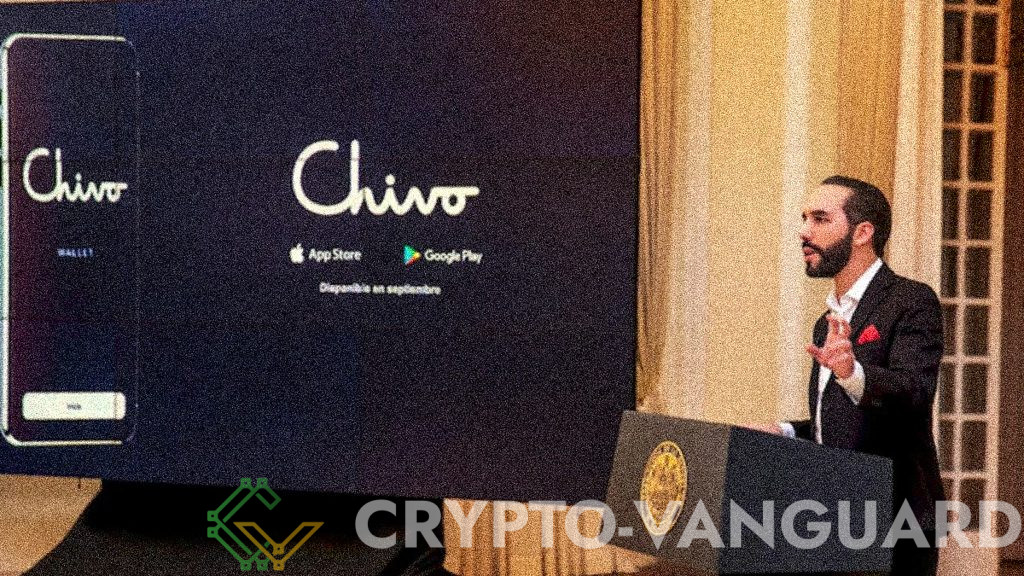The Bitcoin Chivo Wallet designed by Central American nation El Salvador as part of its BTC adoption strategy has been hacked. According to multiple online reports, this attack appear as a major build up from the hacker group CiberIntelligenciaSV.
The Chivo Wallet Hack
According to the account from the X user @Cryptonator1337, the CiberIntelligenciaSV hacking group leaked the personal information of about 5.1 million Chivo Wallet users. This incident which happened earlier this month saw data like complete citizen information leaked. Chivo Wallet users also saw their DUI numbers, names, and residential addresses also leaked.
While it remains uncertain what the primary end-goal of these hackers is, the latest info leak has aggravated the situation. Per the intel provided by Cryptonator1337, the source code and VPN access that belongs to the Chivo Wallet ATM network has now been published.
Cybersecurity Issues in El Salvador 🇸🇻 – Bitcoin Chivo Wallet affected:
Earlier in April, the hacker group CiberIntelligenciaSV leaked personal data of 5.1 million Salvadorans, including complete citizen information, including DUI numbers, first names, last names, dates of… pic.twitter.com/tVJXU0zoM5
— CR1337 (@cryptonator1337) April 23, 2024
Notably, official impact reports has not been released at this time, however, it does not negate the fact that losses might have not been recorded thus far.
When El Salvador made history as the first country to confirm Bitcoin as a Legal Tender, it faced opposition. These opposition came both internally and externally without some citizens protesting the Bitcoin initiative. Installed ATMs at the time were destroyed and chatters on X suggests this hack might be another form of protest against Nayib Bukele’s government.
Pursuit of Bitcoin and Crypto Safety
Chivo Wallet was designed as a centralized wallet that requires users to pen down their Know-Your-Customer (KYC) details. This centralized storage has now been jeopardized, fueling calls for decentralized alternatives.
The issue of safety in the digital currency ecosystem is as old as the industry itself. While many may blame El Salvador for being porous with user’s data, it is worth noting that some of the most sophisticated platforms like FixedFloat have also suffered hack in recent times.





















